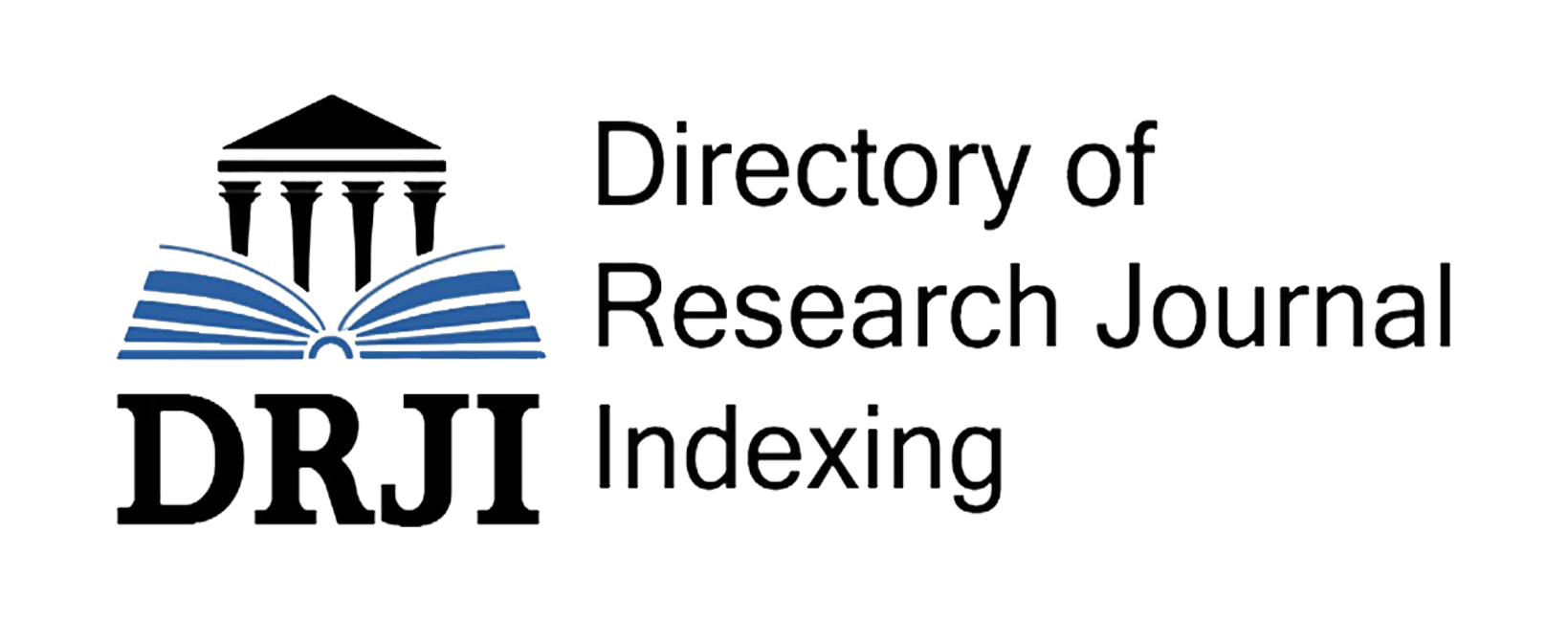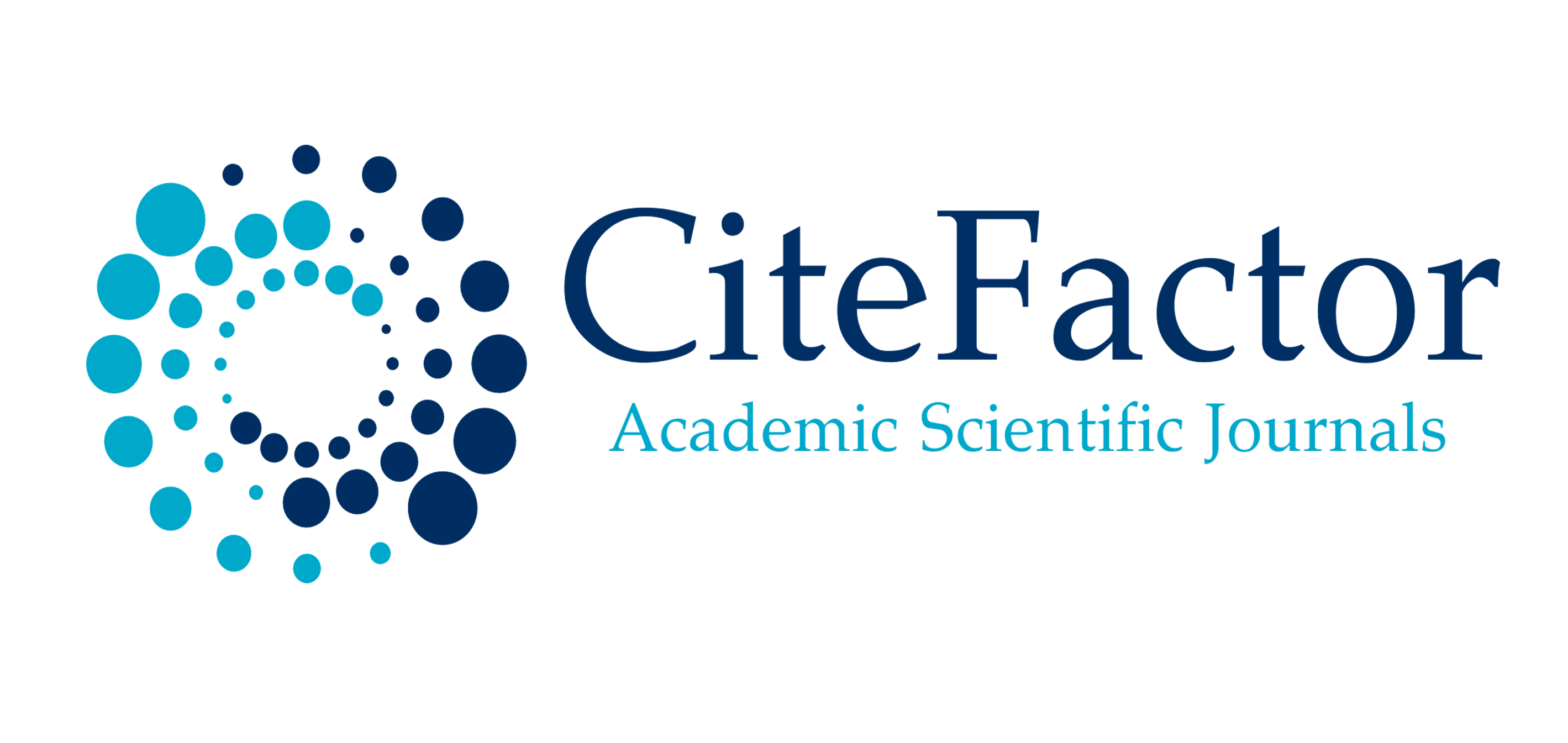CONCEPTUALIZATIONS OF LANGUAGE ASSESSMENT LITERACY
Keywords:
language assessment literacy, conceptualization, training courses, education, TESOL programsAbstract
Language assessment literacy (LAL) plays an increasingly important role in language education and constitutes an integral part of language teachers’ professional competence [2]. The teachers who are language assessment literate can design and administer effective testing activities, interpret students’ scores accurately, formulate appropriate teaching plans and make rational education decisions. However, teachers’ insufficient LAL may lead to poorly designed language assessments, incorrect interpretation of test results and irrational educational decisions, all of which may have negative consequences for students.
References
Brindley, G. (2001). “Language assessment and professional development,” in Experimenting with Uncertainty Essays in Honour of Alan Davies. eds. Formative Assessment in Confucian-Heritage Settings. New York, NY: Routledge.
Coombe, C., Troudi, S., and Al-Hamly, M. (2012). “Foreign and second language teacher assessment literacy: issues, challenges, and recommendations,” in The Cambridge Guide to Second Language Assessment. eds.
Crusan, D., Plakans, L., and Gebril, A. (2016). Writing assessment literacy: surveying second language teachers’ knowledge, beliefs, and practices. Assess. Writ. 28, 43–56. doi: 10.1016/j.asw.2016.03.001
Firoozi, T., Razavipour, K., and Ahmadi, A. (2019). The language assessment literacy needs of Iranian EFL teachers with a focus on reformed assessment policies. Lang. Test. Asia 9:2. doi: 10.1186/s40468-019-0078-7
Jeong, H. (2013). Defining assessment literacy: is it different for language testers and non-language testers? Lang. Test. 30, 345–362. doi: 10.1177/0265532213480334
Pill, J., and Harding, L. (2013). Defining the language assessment literacy gap: evidence from a parliamentary inquiry. Lang. Test. 30, 381–402. doi: 10.1177/0265532213480337









